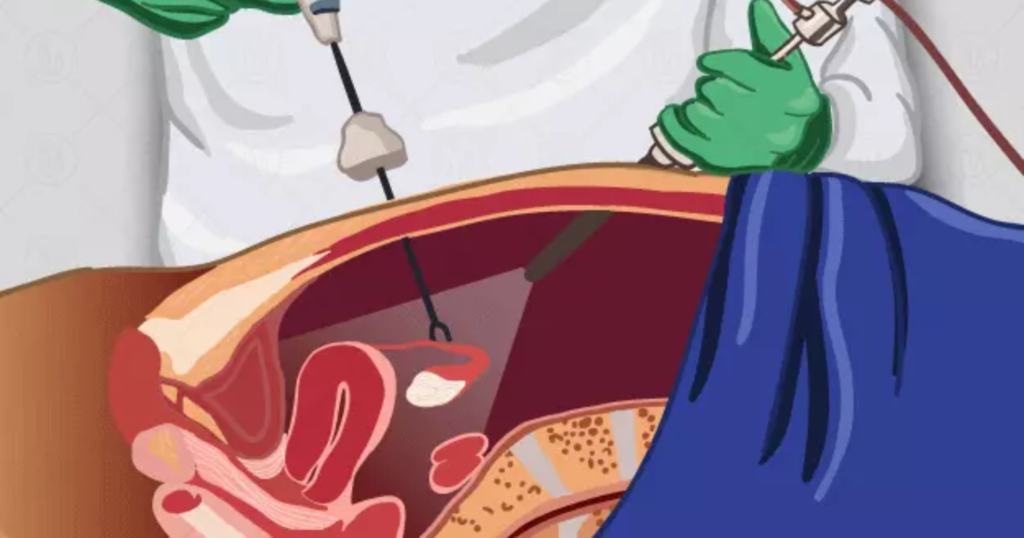If you’re dealing with a health issue that might require surgery, it’s natural to feel anxious or unsure. Laparoscopic surgery in Hyderabad at Amista Hospitals, we understand that surgery can be a big decision, and our goal is to make sure you’re informed, comfortable, and confident in your treatment plan.

General surgery isn’t just about one type of procedure—it’s about treating a wide range of conditions that affect your body’s organs and tissues. Whether it’s a routine operation or an emergency, our skilled surgeons are equipped to handle everything from appendicitis to hernias and gallbladder issues.
Sometimes, the best way to address a health issue is through open surgery. Top General & Laparoscopic Surgery in Hyderabad: This traditional approach involves making a larger incision, giving the surgeon a clear view of the area being treated. Open surgery is often necessary for more complex or emergency situations, where a full view is crucial to ensuring the best outcome.
If you’re looking for a less invasive option, laparoscopic surgery might be the right choice for you. This type of surgery involves making small incisions and using a tiny camera (called a laparoscope) to guide the surgery. The result? Less pain, faster recovery, and smaller scars.
Laparoscopic surgery offers several benefits that can make your recovery easier and quicker:
Before Surgery:
During Surgery:
After Surgery:
We’ll assess your symptoms, conduct a physical examination, and may recommend imaging tests to confirm the diagnosis.
Based on your diagnosis, we’ll develop a treatment plan that may include laparoscopic surgery if it’s right for you.
Performed under general anesthesia, the laparoscopic hernia repair usually takes about one to two hours.
After the surgery, we’ll provide you with detailed aftercare instructions and schedule follow-up appointments to monitor your recovery.
If you’re facing surgery, the team at Amista Hospitals is here to provide the care and support you need. We’ll guide you through every step of the process, ensuring you feel confident and comfortable with your treatment plan.
8-2-626/A,2ndFloor,
MSTower,Rd Number1,
aboveSBIbank,Avenue 4,BanjaraHills,Hyderabad, Telangana-500034
care@amistahospitals.com
+91 9030451525

Welcome to AMISTA Advanced Laser & Laproscopic Multi-speciality Hospital Performing General, Laparoscopic Surgery, Advanced Laser Proctology, Plastic & Cosmetic Surgery.
Copyright 2024 © Amista All Right Reserved. Designed by Dharamteja
We are glad to announce that we’re there for you anytime you need! Book an Appointment